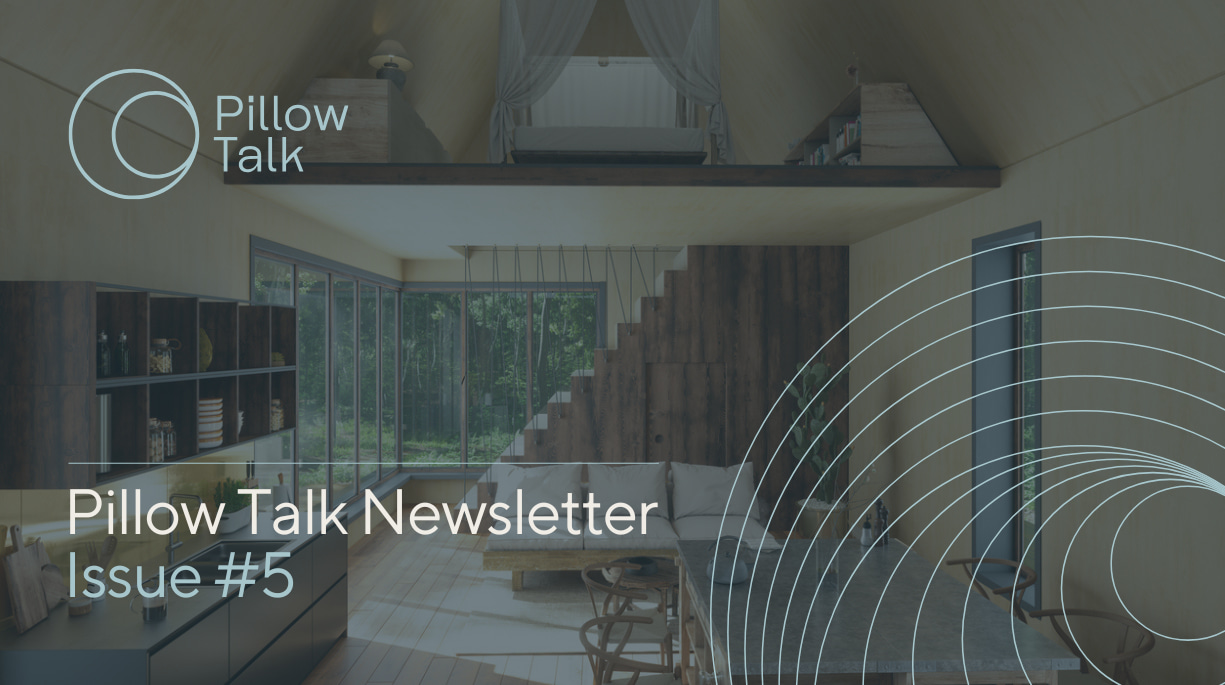I’ve been thinking about owners recently, in part because I moderated a lively session of property managers for the Breezeway ELEVATE Summit. Managing owners’ myriad expectations was the theme. They are both the lifeblood of lodging supply and its greatest challenge, which is why they’d already been occupying my thoughts.
From second homeowners and spare room renters to small-scale investors and large institutional asset managers — without owners, there’d be nothing for the lodging industries to build their businesses on.
Semi-rational business decisions
Managing (often unrealistic) expectations, reducing attrition, attracting new inventory and finding ways to better manage relationships are all part and parcel of the daily challenges a property manager faces in whichever lodging vertical they’re in.
Second-home owners — on whom much of the leisure rental industry has been built — can be the most challenging. As Henrik Kjellberg, group CEO of Awaze, said at the recent Skift Future of Lodging Forum, second homeowners, with more emotion attached to their assets, tend to make only ‘semi-rational business decisions’.
It’s a challenge to build any kind of truly scalable business on this kind of foundation. Much easier to work with a large asset owner that has a keen eye on returns and margins, and lets you just get on with the business of making both.
The dilemma of owner churn
Recently, Vacasa came under fire for saying that the homeowner ‘churn’ they were experiencing was an industry-wide problem, not a Vacasa-specific problem. As a public company, Vacasa has to disclose its metrics but no one else does, which makes it easy for critics to turn the admission into a slur on Vacasa’s ability to run a business.
The fact is, the short-term rental industry has been in boom times. And by the nature of boom times — they don’t last. Churn seems to be an industry-wide issue currently.
The end of the gold rush
Melanie Brown, executive director of data insights at Key Data wrote recently for VRMA, “Vacation rental supply in the US grew 28.7 percent in the two years to Q3 2022, when there were 1,760,000 active properties — the highest figure on record. In many ways, this was the golden quarter for managers and hosts, who were charging on average $118 a night and enjoying a heightened occupancy rate of 41 percent — again, the highest ever recorded.”
Many of these owners, like prospectors attracted by the scent of a gold strike, entered the market during the Covid years with the lure of low interest rates, low inflation, high revenue and, maybe even for some, the dreamy hope of escape from the rat race one day. However, once reality bites and costs rise as returns shrink, they are forced to exit the market, just like the early gold rush prospectors did when their luck and grit ran out.
Build it and they will come
A story that grabbed my attention recently was this partnership in Australia between Wild Modular, a company that creates bespoke ‘pods’ and QCC Collection, a hospitality management business. Together they are building ‘prefab’ buildings that will allow hoteliers and developers to build on land where traditional construction is not feasible.
On the surface, this makes good sense. It solves a supply issue, significantly reduces build time, makes use of land that is underutilized and opens a workaround for potential planning permission traps. I bet there is also plenty of scope to create sustainable ‘green’ hospitality buildings right from the ground up.
“This is a game changer for developers,” said Wild Modular Co-Founder, and Executive Director, Tahi Merrilees, going on to say that through cutting-edge design techniques, Wild Modular can complete up to 40 modules a month, without needing to assess the proposed location.
This isn’t exactly a new concept. Airbnb launched something not totally dissimilar, with its tiny homes for backyards project. The UK still has people living in ‘terrapin homes’ that were built to be temporary 70 years ago.
But perhaps this notion of accessible, easily built homes could, in part, satisfy demand for hospitality lodging.
Space as a Service
I’m sure we’ve all snuck into the lobby of a hotel during a busy city trip, looking for a calm place to work and get our heads down over the MacBook for a couple of hours. Unofficially, of course. But when are hotels really going to take the new world of work seriously and start selling underutilized space by the hour? Daniel Lesser of LW Hospitality Advisors writes for Hotels Magazine, suggesting smart hotels will soon embrace this concept as a new revenue stream. Hope so!
London Calling
Later this month, myself and some of the Abode team will be in London for The Shortyz (good luck if you’re hoping for a win!) and the Short Stay Summit. Feel free to drop me a line if you’d like to meet over the two days. Neil and I will also be attending the BTR Expo on the 20th.
I hope you enjoy these musings. Please pass them on if you have a friend or colleague interested in receiving them. They can click here to subscribe.
Best,
Jessica
About me – I’m the CEO, and founder of Abode Worldwide, a public relations agency focused on raising the profile of technology solutions and operators transforming the global short-term rental, hotel, multifamily, and ‘living’ lodging sectors.
Pillow Talk is my ‘newsletter’ sharing musings, learnings, and insights about the pioneering lodging technology brands and operators transforming how we work, rest, and play. I hope you find this interesting. If not, there’s an unsubscribe button at the bottom.
